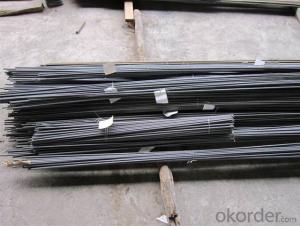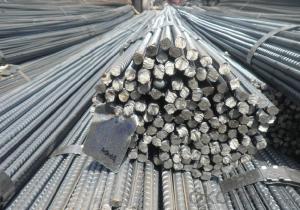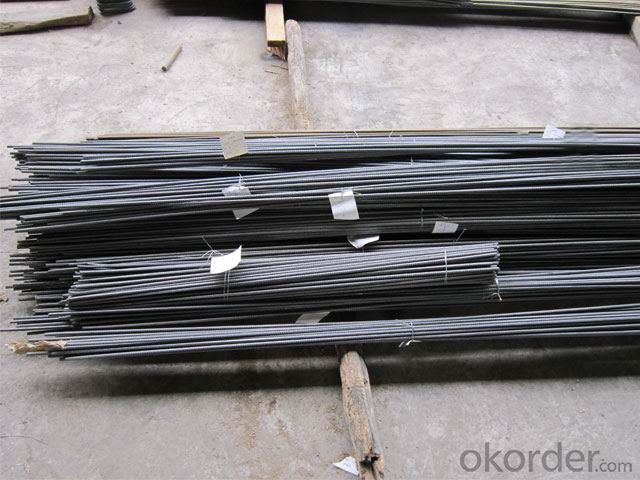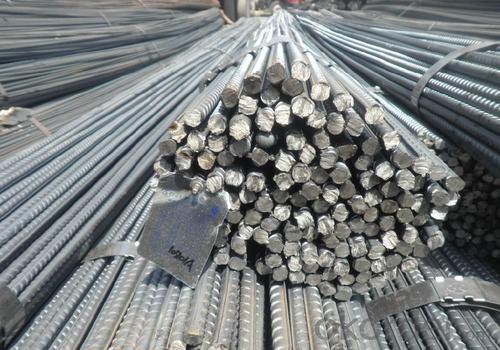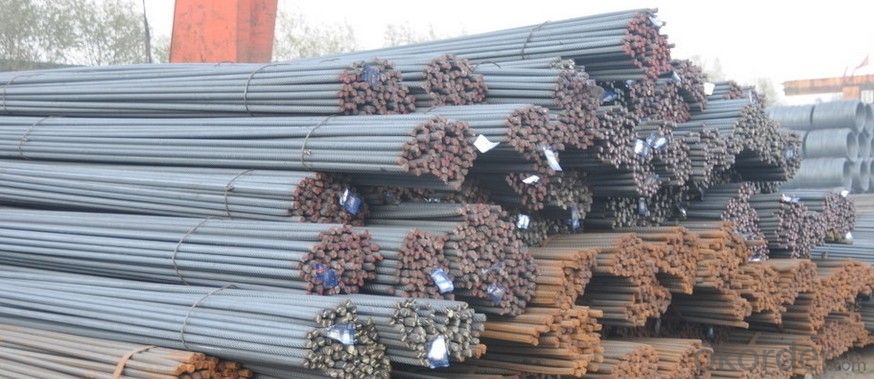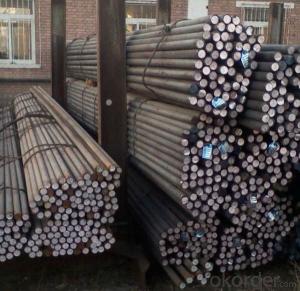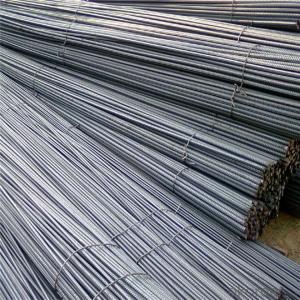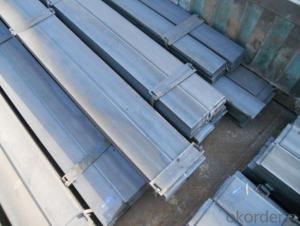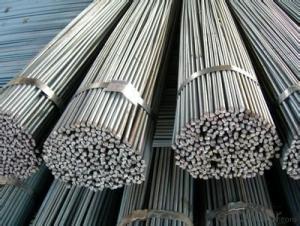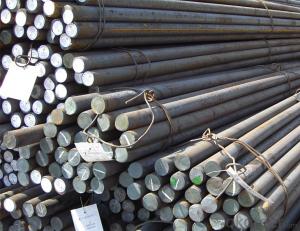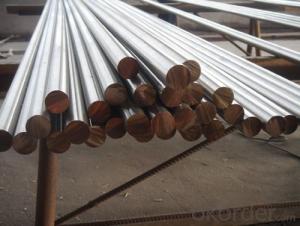Q195 TMT Steel Bars Hot Rolled Bars
- Loading Port:
- Tianjin
- Payment Terms:
- TT OR LC
- Min Order Qty:
- 25 m.t.
- Supply Capability:
- 50000 m.t./month
OKorder Service Pledge
OKorder Financial Service
You Might Also Like
Specification
Q195 TMT Steel Bars Hot Rolled Bars
Product Details:
Standard | GB(HRB335/HRB400/HRB500); |
BS4449 -1997 GRADE 250B, 460B; BS4449-2005 GRADE 500B; | |
ASTM A615 GRADE 40,GRADE60,GRADE75; ASTM A706; | |
DIN488-1 420S/500S, BST500S | |
JIS G3112 SD35, SD40, SD50,SD390 | |
NFA 35016 FE E 400, FE E 500 | |
CA 50/60 | |
GOST A3 R A500C | |
Surface finished | Screw-thread |
Production capacity | 50,000 MT/month |
Payment term | T/T or 100% L/C at sight |
Package | By bundles. One bundles about 2tons |
Specification:
Diameter (mm) | Weight (kg/m) |
8 | 0.395 |
9 | 0.499 |
10 | 0.617 |
11 | 0.746 |
12 | 0.888 |
13 | 1.04 |
14 | 1.21 |
15 | 1.39 |
16 | 1.58 |
17 | 1.78 |
18 | 2 |
19 | 2.23 |
20 | 2.47 |
21 | 2.72 |
22 | 2.98 |
23 | 3.26 |
24 | 3.55 |
25 | 3.85 |
28 | 4.83 |
32 | 6.31 |
36 | 7.99 |
40 | 9.87 |
50 | 15.42 |
Advantage:
· SGS and BV Audited company .
· We offer competitive price with great service .
· Finished Product Inventory-More Than 50000 Tons.
· We have win high reputation based on best quality products.
· We have the most convenient transport and fast delivery.
· We have high technical production line with top quality products.
Application:
Q195 TMT steel bar is a practical construction steel materials. It is widely used as the fitting bar for various steel bar concrete structure engineering and making of various construction components. With its high strength and the fixing strength with concrete, its sufficient plastic property, it can enhance the technical and the quality of the engineering, reduce the cost of raw materials and the cost of engineering at the same time. The finished products can be round coil or straight sizes.
Product Show:
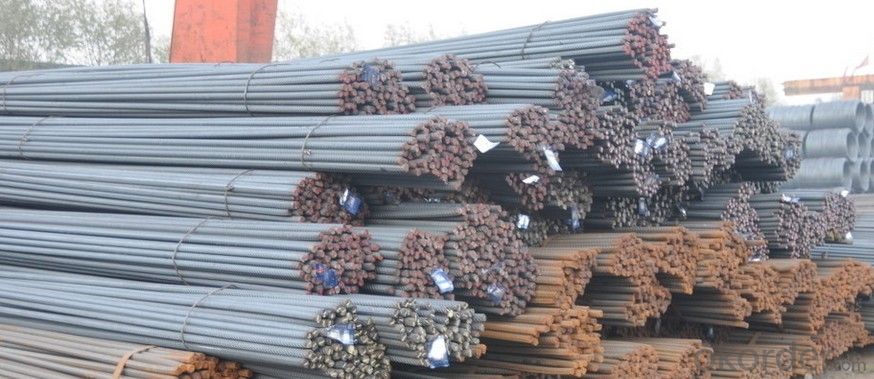
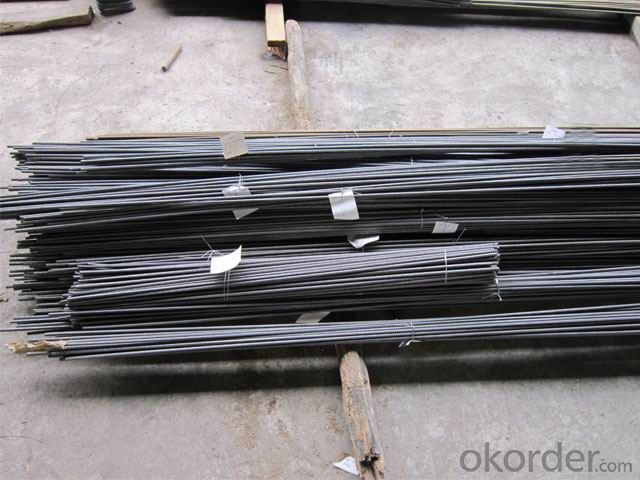
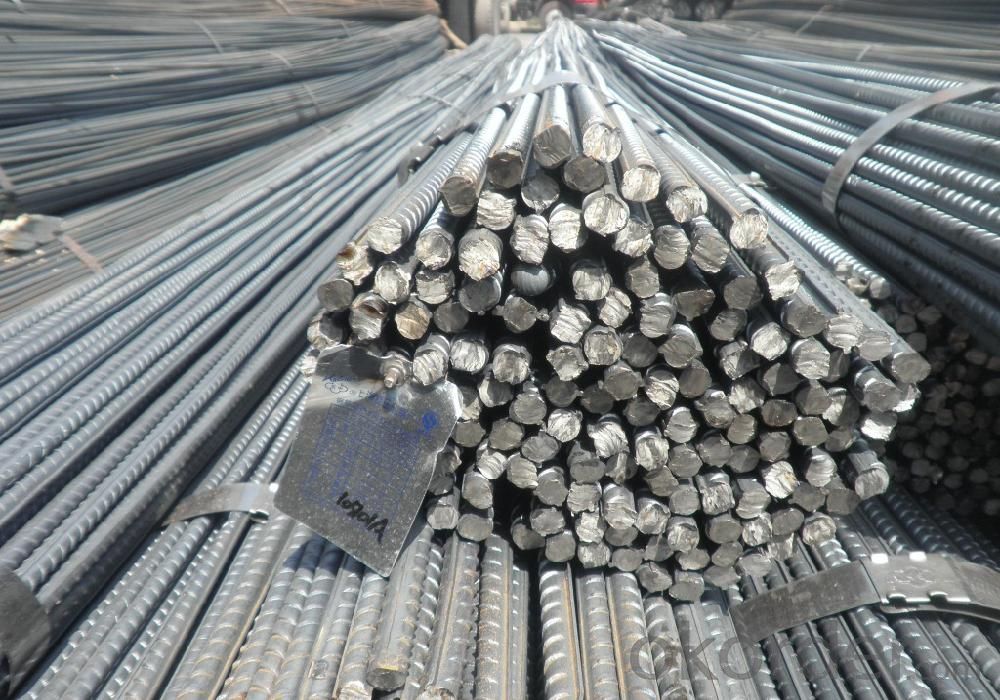
- Q: What are the different testing methods used for special steel?
- Some of the different testing methods used for special steel include hardness testing, tensile testing, impact testing, metallographic examination, ultrasonic testing, and magnetic particle testing.
- Q: What are the different tool steel alloys?
- Tool steel is a type of carbon and alloy steel that is specifically designed for the production of tools, dies, and cutting applications. There are several different tool steel alloys available, each with its own unique properties and characteristics. 1. Carbon Tool Steels: These steels contain a higher carbon content, usually ranging from 0.60% to 1.00%. They offer excellent hardness, wear resistance, and toughness, making them suitable for cutting and forming tools. 2. High-Speed Tool Steels: These steels are specifically designed to withstand high temperatures and maintain their hardness and strength at elevated speeds. They typically contain various alloying elements such as tungsten, molybdenum, and vanadium. 3. Shock-Resistant Tool Steels: As the name suggests, these steels are designed to withstand high impact or shock loads without fracturing. They offer excellent toughness and are commonly used for chisels, hammers, and other tools subjected to intense impact forces. 4. Hot-Work Tool Steels: These steels are engineered to retain their hardness and strength at high temperatures, making them ideal for applications involving hot forming or forging processes. They exhibit excellent thermal conductivity and wear resistance. 5. Cold-Work Tool Steels: These steels are specifically designed for applications involving cutting, shearing, and forming at room temperature or lower. They possess high hardness, wear resistance, and toughness, enabling them to withstand the stresses associated with cold-working operations. 6. Mold Steels: Mold steels are primarily used in the production of molds for plastic injection molding, die casting, and extrusion processes. They offer good machinability, high wear resistance, and excellent dimensional stability. 7. Stainless Tool Steels: Stainless tool steels combine the corrosion resistance of stainless steel with the hardness and toughness of tool steel. They are commonly used in applications where both wear resistance and corrosion resistance are required. These are just a few examples of the different tool steel alloys available in the market. Each alloy has its own specific properties and applications, allowing manufacturers to select the most suitable tool steel for their specific needs.
- Q: What are the different corrosion protection techniques used for special steel?
- There are several corrosion protection techniques used for special steel, including: 1. Coatings: Special steel can be coated with a variety of protective materials such as paints, epoxy, or other barrier coatings. These coatings act as a physical barrier between the steel and corrosive elements, preventing direct contact and potential damage. 2. Cathodic protection: This technique involves the use of sacrificial anodes or impressed current systems to protect the steel. Sacrificial anodes, typically made of zinc or aluminum, corrode instead of the steel, sacrificially protecting it. Impressed current systems use an external power source to provide a protective current that prevents corrosion. 3. Galvanization: Special steel can be hot-dip galvanized by immersing it in molten zinc. This creates a protective layer on the surface of the steel, significantly increasing its resistance to corrosion. 4. Alloying: Alloying the special steel with specific elements can enhance its corrosion resistance. For example, adding chromium to the steel can create a passive oxide layer that acts as a protective barrier against corrosion. 5. Passivation: Special steel can undergo passivation, a chemical process that removes free iron and other contaminants from the surface, promoting the formation of a protective oxide layer. Each of these techniques can be tailored to suit the specific requirements of the special steel and its intended application, providing effective corrosion protection and prolonging the lifespan of the material.
- Q: What are the requirements for special steel used in cryogenic applications?
- The requirements for special steel used in cryogenic applications include high strength and toughness at low temperatures, resistance to thermal stresses, low thermal conductivity, and the ability to maintain mechanical properties even in extremely cold environments. Additionally, the steel must possess excellent corrosion resistance to prevent degradation in cryogenic fluids and be able to withstand the extreme temperature cycling that occurs during cryogenic processes.
- Q: What are the different manufacturing processes used for special steel?
- There are several manufacturing processes used for special steel, including casting, forging, rolling, and heat treatment. Casting involves melting and pouring steel into molds to create complex shapes. Forging involves shaping steel by applying pressure and heat to deform it into desired forms. Rolling is a process where steel is passed through a series of rollers to reduce its thickness and shape it into sheets or bars. Lastly, heat treatment is used to alter the properties of steel by subjecting it to controlled heating and cooling processes.
- Q: What are the common challenges in welding special steel?
- Some common challenges in welding special steel include controlling heat input, preventing distortion and cracking, ensuring proper fusion, and managing the formation of undesirable microstructures. Special steels often have specific alloy compositions and properties that make them more sensitive to heat and more prone to cracking. Therefore, precise control of welding parameters, preheating, and post-weld heat treatment are crucial to overcome these challenges and achieve high-quality welds in special steel.
- Q: Can special steel be used in the production of turbine blades?
- Yes, special steel can be used in the production of turbine blades. Special steel alloys, such as nickel-based superalloys, are commonly used due to their high strength, heat resistance, and excellent corrosion resistance, making them suitable for the demanding conditions and extreme temperatures experienced in turbine engines.
- Q: How does tool steel maintain its hardness at high temperatures?
- Tool steel maintains its hardness at high temperatures primarily due to its high carbon content and the presence of other alloying elements. The carbon in tool steel forms hard and wear-resistant carbides, which help retain hardness even at elevated temperatures. Additionally, alloying elements such as chromium, tungsten, molybdenum, and vanadium contribute to the formation of secondary carbides, which further enhance the steel's resistance to softening and maintain its hardness under high heat conditions.
- Q: What are the main applications of special steel in the defense equipment?
- Special steel is widely used in defense equipment due to its unique properties. One of the main applications of special steel in defense is for manufacturing armor and ballistic protection, ensuring the safety of military personnel and vehicles in combat. It is also used in the production of military aircraft, submarines, and ships, providing strength, durability, and resistance to extreme conditions. Special steel is further utilized in the production of firearms and ammunition, offering high strength and reliability. Overall, the main applications of special steel in defense equipment revolve around enhancing protection, performance, and longevity in critical military applications.
- Q: What is the tensile strength of special steel?
- The tensile strength of special steel can vary depending on its specific composition and manufacturing process. However, special steel is generally known for its high tensile strength, often exceeding 1000 MPa (mega pascals), making it suitable for applications requiring strong and durable materials.
Send your message to us
Q195 TMT Steel Bars Hot Rolled Bars
- Loading Port:
- Tianjin
- Payment Terms:
- TT OR LC
- Min Order Qty:
- 25 m.t.
- Supply Capability:
- 50000 m.t./month
OKorder Service Pledge
OKorder Financial Service
Similar products
Hot products
Hot Searches
Related keywords
